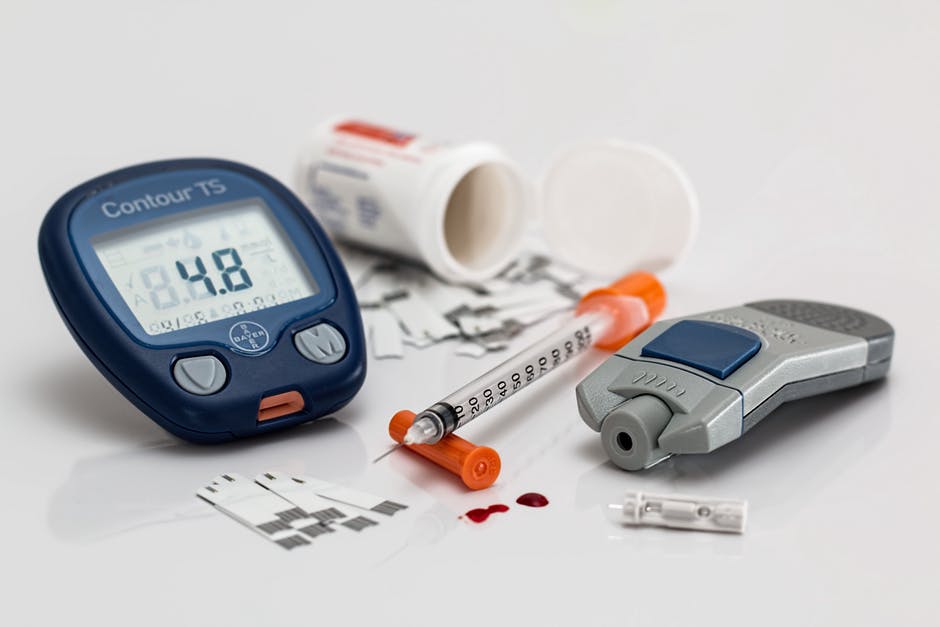Fasting is an important part of many religions. Be it the holy days of Lent in Christianity, Yom Kippur in Judaism, Maha Shiv Ratri in Hinduism or Ramadan in Islam, abstinence from food and often water, or fasting plays an very sacred role in many religions around the world. But often religion and health do not go hand in hand. If you have been diagnoses with diabetes and are worried about the holy time of fasting, it is important to understand your body and know the right thing to do.

Fasting on diabetes
If you have been recently diagnoses with diabetes, with a fasting day coming up, things might seem quite confusing. First of all, it is important to have an understanding of your health condition. The most common types of diabetes are Type 1 and Type 2. In a diabetic person, the insulin producing cells of the pancreas produce little or no insulin, thereby, altering the manner in which sugar is processed by the body. This leads to an increase in the levels of sugar in the blood. Fasting can cause a sudden spike or drop in the blood sugar levels, which can have harmful impacts on the body, including organ failure. Fluctuations in the blood sugar levels. Hence, it is important that you consult your doctor before embarking on a fast.
In case of a fall in blood sugar levels
Often during fasting patients complain of dizziness, trembling, weakness, intense hunger, sweating, palpitations etc. These symptoms are indicative of a fall in the blood sugar levels. Severe cases of fall in blood sugar can lead to nervousness, confusion, seizures and even loss of consciousness. If you face any of these symptoms, take a glass of Glucose or even a spoon full of plain sugar. You can also drink sweetened liquids such as juice or even water with sugar. It should start relieving your conditions in a bit. If you still do not feel very well, you need to break your food and consume some food. In case the discomfort persists or aggravates consult your doctor immediately.
In case of a spike in blood sugar levels
If you are faced with headache, discomfort, fatigue, increased hunger and thirst, blurred vision, or the need for frequent urination, you might have experienced a sudden rise in the levels of sugar in your blood stream. At times after consuming a meal after a long period of fasting, the body doesn’t handle the intake of food and this results in a rise of blood sugar levels. It is a pretty alarming situation as this can lead to severe conditions such as organ failure and even slipping into coma. In case of any of the symptoms of hyperglycemia, or high blood sugar, you need to take insulin sto restore the insulin levels, thus lowering blood sugar.

Source :- Pharmacer
Diabetes can be easily managed with the help of regular monitoring, medicines and checkup. In certain cases, supplements like Aminalon might be administered to keep the condition under control. Along with that proper diet and lifestyle helps in keeping your blood sugar levels at check. But when it comes to religious fast, remember that god helps those who help themselves.




